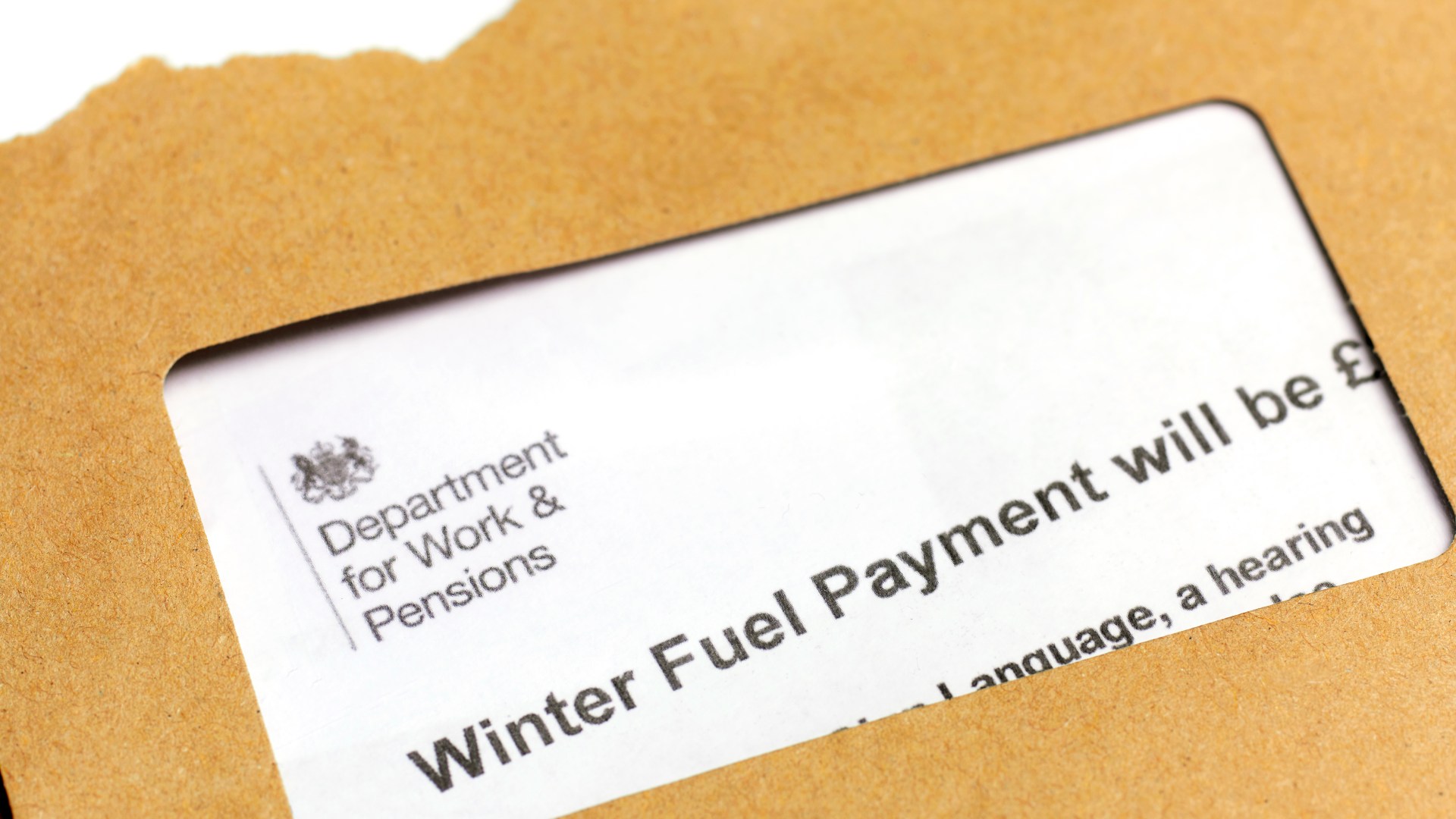Good morning, it’s Jenn Hughes here filling in for Rob. Stocks aren’t sure what balance to strike between better jobs data so far this week and the risk the numbers pose for big rate cut hopes. Yet again it all comes down to Friday’s payrolls report. Send me your predictions — and alternatives for must-watch data series: jennifer.hughes@ft.com.
What’s in a recession?
Write about the yield curve’s record as a recession predictor, as I did recently, and prepare for a lot of people telling you you’re wrong.
Relax, this isn’t about the curve. And I don’t mind being told I’m wrong. But the responses I received did make me wonder if part of the debate is simply differences in what people may mean by the R-word.
We’re not so well versed in downturns these days, having only had extreme examples, and just two of those, in the past 20-plus years.
Stocks are near records, and while gold is unnervingly also hitting highs, there are few other signs of anything bad being potentially priced in. But there’s a lot of downside risk lurking in the fuzziness between the Federal Reserve piloting the perfect economic soft landing and something that looks more like the recessions of yore.
There was a definite matter-of-fact tone about the likelihood of recession at the Grant’s Interest Rate Observer conference in New York on Tuesday — a group that tends to skew older and with more than the average number of bond vigilantes and gold bugs.
“We’ve had a lot of recessions in this country and they basically clean out the rot,” billionaire investor Stanley Druckenmiller, 71, told the conference. “What we want to avoid is a big, bad recession, and they come from loose monetary policy and asset bubbles.”
Asked by host Jim Grant, 78, whether he thought there was a market bubble, The Druck, who just runs his own money these days, said yes. Equities or credit? Both. Gulp.
Back to the R-word. The basics of identifying recessions are simple enough. Most countries define a technical recession as at least two consecutive quarters of shrinking GDP, year on year. In the US we have the National Bureau of Economic Research, long considered the official arbiter of recessions and which identifies economic peaks (downturn starts) and troughs using a broader range of measures.

Dips, however, vary by length and severity, and this is where recent history doesn’t serve watchers well. The 2020 US recession lasted two months, according to the NBER, and stands as the shortest on record. The 18-month slump of 2008-09 was the longest since the second world war. Both involved severe shocks, namely the coronavirus pandemic and the financial crisis.
So it’s more than 20 years since the US has experienced what might be considered by older more seasoned readers as a typical downturn. It’s much easier to scoff at the idea of one now if you think it only counts if it looks as extreme as recent memory would suggest.
What, though, if the edges between the squishier side of soft landing and recession were more blurred?
In the eight-month 2001 recession, US GDP dipped about 1 per cent, annualised, in the first and third quarters (it grew in Q2) while unemployment rose from 4.3 per cent to just 5.5 per cent — a lower level than coming out of any other NBER-defined recession in 50-plus years.
Bear in mind, too, that recession expectations don’t necessarily rise month by month as data or markets weaken. Take the number of stories mentioning recession and US or United States in the Financial Times, Wall Street Journal and New York Times, as counted in Factiva. It’s a rough measure for sure, and I didn’t comb through for any misleading mentions, but it’s one reflection of what the establishment is discussing.

The chart shows R-word chatter only really jumped towards the end of 2008 — after the Lehman Brothers collapse and also only at the point when the NBER announced a downturn that it said had started a full 12 months earlier.
The line shows how the S&P 500 had peaked well before recession became the word du jour.
If a recession happens and no one notices — or if everyone thinks of it at the time as a slowdown or soft landing — does it really matter for markets?
That depends mostly on the policy response from the Federal Reserve.
A recent paper from State Street’s head of macro strategy, Michael Metcalfe, points out that investors have switched into bonds from equities in each of the past three rate-cutting cycles. Based on the bank’s data — and as a custodian it sees a lot — investors are currently overweight stocks and their switching tends to deepen the longer the rate-cutting continues.
(Think of the 20 per cent average in the chart as the gap in a typical 60-40 portfolio weighted towards equities.)

“Look at the fundamentals today and this bias to US stocks is entirely justified — if you look at macro growth, real earnings return on equity,” says Metcalfe. “But throw it forward, if there is a higher probability of recession that we — the market — thinks, then overweight US stocks is probably the biggest risk that we haven’t discounted.”
Perhaps the upcoming quarterly earnings season will paint a more upbeat picture than the last one did. The biggest companies are still growing solidly, if not quite as strongly as earlier in the year. There’s the outcome of the US November elections, too, to factor in. But a softening economic backdrop is a risk to returns that shouldn’t be entirely dismissed just because it doesn’t — we hope — end up being a recession for the ages.
One good read
Have we seen the end of cheap money? The FT’s Martin Wolf asks whether the valuation of stock markets has ceased to be mean-reverting, even in the US.






































































































































You must be logged in to post a comment Login